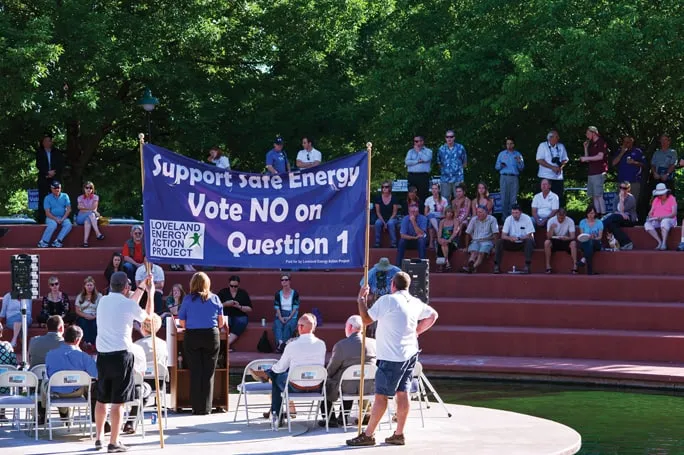Oil and gas task force’s biggest ideas on hold
Health concerns to see near-term action; land-use issues remain

State agencies are vying for millions in budget money to carry out recommendations of Gov. John Hickenlooper’s oil and gas task force, but the most influential recommendations will have to wait until the Colorado Oil and Gas Conservation Commission begins rulemaking, possibly later this year.
The Legislature’s Joint Budget Committee has approved $1.3 million from the state for a dozen new positions at the state oil commission, said Todd Hartman, spokesman for the state Department of Natural Resources, which oversees the panel. Those positions consist of three inspectors, three environmental protection specialists, three engineering staff members, two…
THIS ARTICLE IS FOR SUBSCRIBERS ONLY
Continue reading for less than $3 per week!
Get a month of award-winning local business news, trends and insights
Access award-winning content today!
